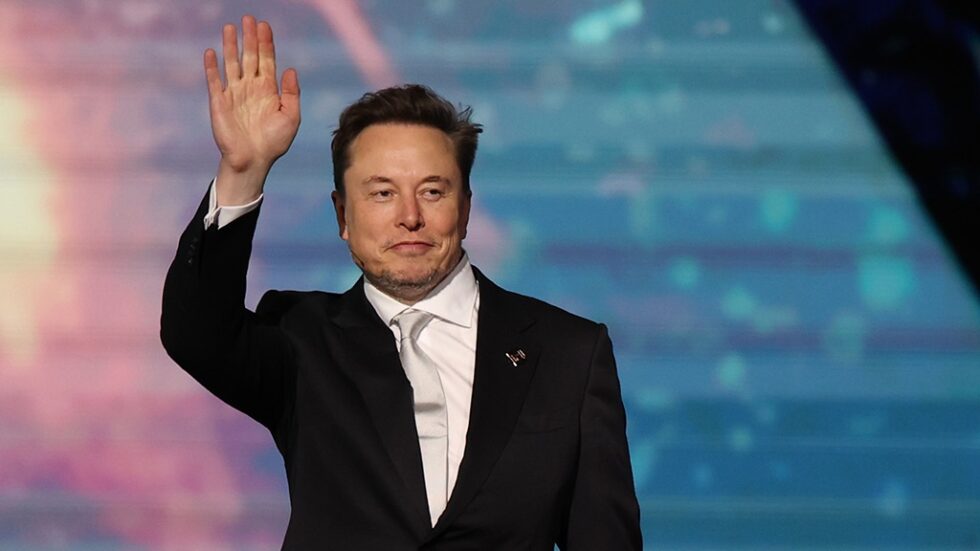What is Elon Musk’s Grokipedia: launch date, features, and how it differs from Wikipedia

The idea behind Grokipedia was born out of long-standing criticism of Wikipedia’s internal editorial system. For years, contributors and independent analysts have accused Wikipedia of leaning toward selective information curation that reflects the ideological views of its most active editors. Critics argue that the platform has gradually become less of an open encyclopedia and more of a community-driven filter, where certain media are blocked by consensus rather than by objective assessment of reliability. Musk’s Grokipedia directly targets this gap: an encyclopedia that does not exclude perspectives based on political or editorial judgments. If successful, it could alter the balance of trust in how people worldwide access structured knowledge, reports G.Business.
Wikipedia’s restricted source list
One of the most controversial elements of Wikipedia’s editorial guidelines is its “blacklist” of outlets considered unreliable. This includes major U.S. publications such as Fox News, Breitbart, Daily Caller, Epoch Times, New York Post, and Federalist. While supporters of this policy argue it prevents disinformation, critics say it eliminates widely read sources that represent significant segments of public opinion. This means that entire narratives, including mainstream conservative viewpoints, are filtered out before they even reach the encyclopedia’s global readership. The result is a knowledge base that, while aiming for neutrality, is accused of being incomplete. Former banker John Lefebvre even warned that these exclusions amount to “a systemic blind spot that distorts truth.”
Grokipedia as an alternative with wider access
Against this background, Grokipedia is presented as a radical alternative. Prominent investor David Sacks has argued that the world needs an encyclopedia of the next generation — one that uses artificial intelligence not only for content generation but also for analyzing sources across the full spectrum. Instead of forbidding citations, Grokipedia intends to integrate them into its knowledge graph, flagging reliability levels rather than banning them outright. This approach promises to offer context instead of censorship, giving readers tools to evaluate credibility themselves. For Sacks and Musk, this is not just a new website but a philosophical shift: an attempt to rewrite the rules of collective knowledge.
Musk confirms: Grokipedia will be open to all
In response to widespread speculation, Elon Musk confirmed that his company xAI is actively developing Grokipedia. Unlike Wikipedia, which is heavily dependent on volunteer editors and strict notability rules, Grokipedia is designed as a completely open platform. Every article will be accessible to the public, with no premium tiers or hidden algorithms determining which content gets priority. Musk emphasized that Grokipedia will not serve as a censorship tool but rather as a marketplace of knowledge, where competing perspectives coexist and can be fact-checked with the support of AI. He positioned it as a counterbalance to centralized information control.
“For the knowledge of humanity”
Musk linked Grokipedia to xAI’s broader mission of “understanding the universe.” In his words, the encyclopedia should not only collect data but also foster humanity’s collective capacity to interpret reality. He described the project as part of his long-term vision to ensure that artificial intelligence remains aligned with human values, and that knowledge is not monopolized by narrow editorial boards. The idea, he said, is that “knowledge should be for all humanity, not just for those who set the rules.” This statement resonates with Musk’s history of championing disruptive projects such as Tesla’s push for sustainable energy and SpaceX’s mission to make life multiplanetary.
Developed by xAI, the company behind Grok
At the core of Grokipedia lies Grok, the AI chatbot and reasoning system launched in 2023 as part of Musk’s efforts to compete with OpenAI and Anthropic. Grok is already integrated into X (formerly Twitter), where it provides real-time answers to trending topics. For Grokipedia, xAI is scaling Grok’s capabilities: from conversational responses to encyclopedic verification tools that cross-reference multiple datasets. The system will be able to compare contested sources, highlight factual contradictions, and provide transparent citations — making it far more dynamic than the static footnotes of traditional Wikipedia articles.
Key features that make Grokipedia unique
Grokipedia introduces several unique aspects that distinguish it from Wikipedia and other encyclopedias:
- Wider range of sources: inclusion of outlets banned on Wikipedia, with AI-assisted reliability scores.
- Fact-checking AI: Grok evaluates content accuracy through multi-layered cross-analysis.
- Equal access: no paywalls, no hidden algorithms, content available worldwide.
- Pluralism of perspectives: instead of consensus-driven editing, multiple viewpoints coexist.
- Transparency: every edit and AI intervention is logged and visible to the public.
These features combine to make Grokipedia not just a competitor to Wikipedia but potentially a paradigm shift in how online knowledge is curated and consumed.
What’s next: launch timeline
So far, no official launch date has been announced. However, sources close to xAI suggest that internal beta testing may begin in late 2026. Early prototypes are expected to be integrated with X to attract users who are already familiar with Grok. If timelines hold, Grokipedia could become one of the first large-scale AI-assisted encyclopedias to challenge Wikipedia’s dominance since its creation in 2001. The project will also serve as a test case for xAI’s ability to merge AI, open knowledge, and social platforms into a single ecosystem.
Grok 4.20 by Elon Musk: What’s Known About the New AI Release – Advantages, Risks